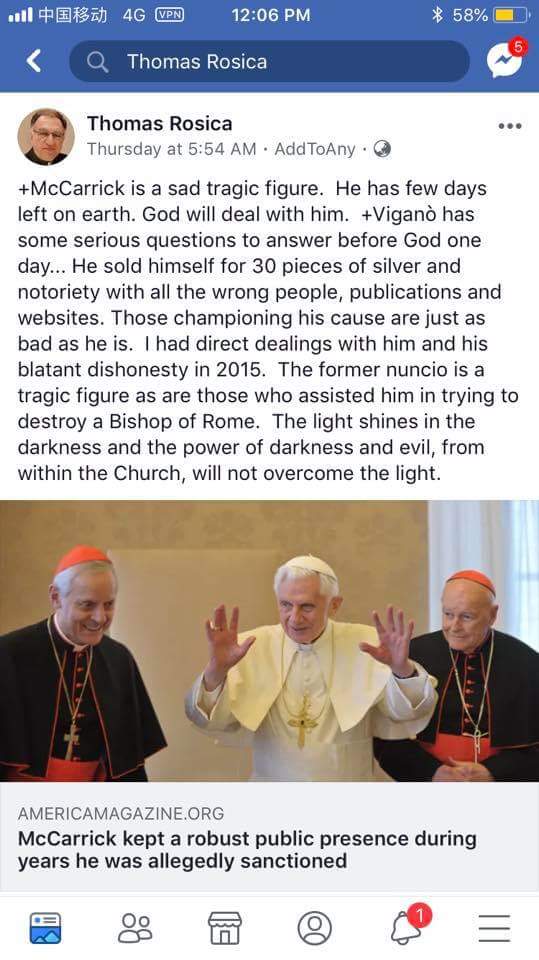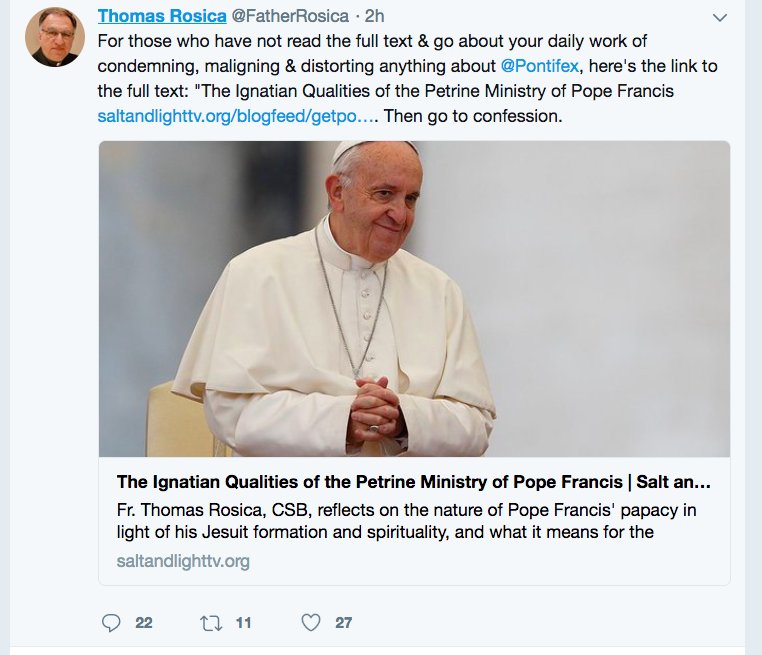MARTY GERVAIS ON RELIGION
Basilian Deacon puts sharing at forefront of
religious aims
THE WORD Thomas Rosica repeats over and over
again is “scandalous.”
He’s referring to the way in which churches
tend to remain segregated, isolated, interested in their own.
If you spend any time talking to Rosica, he
will tell you just how frustrated he gets when he hears how Roman Catholic
priests speak in such chauvinistic ways about salvation in the “Catholic
Church.” He doesn’t even like it when they refer to themselves as Catholics,
when the word “Christian” would not only have been good enough, but preferable.
It’s not that he doesn’t like Catholics – he is
one. In fact, this spring he will be ordained a priest of the Basilian
religious order.
The fact is, Rosica spent a good part of his
field training as a priest working on ecumenism. In 1984 he surveyed churches
in the Montreal area for the Canadian Centre for Ecumenism to determine where
they stood on church unity. His findings, and especially the approach Rosica
took to the survey, are being examined and considered by the Canadian
Conference of Catholic Bishops. There is the possibility that the Roman
Catholic Church’s umbrella organization in Canada will implement a survey of
this kind on a national basis.
THE YOUNG DEACON working at St. John the
Baptist Church in Amherstburg with its other Basilian priests regards the whole
matter of ecumenism as “scandalous.” He sees “the Catholic ghetto mentality as
a stumbling block and knows just how reticent clergymen from other
denominations can be when it comes to authentic sharing. Some of it has to do with being “too set in
their ways” but there are other reasons, too.
In some cases, the clergymen know little of the ecumenical movement, and
they haven’t bothered to do “any reading at all about it.”
There’s also the notion that their churches are
suffering serious losses in membership. The direction now is to shore up what
they can count on.
UNFORTUNATELY, the notion exists that some
churches have the exclusive copyright on the “word of God, “ says Rosica.
“But the word of God is for all people,” says
Rosica, who adds that it isn’t just for Catholics or Anglicans or Presbyterians.
Another fact, says Rosica, is that many
denominations must learn that no one is out to threaten the existence of any
one church. In addition to this, the myth has to be dispelled that the only way
in which the Roman Catholics are going to be part of church unity is for all
Christian denominations (to) join Rome.
Rosica says there is no reason real ecumenism
-- even to the point of an organic union – can’t mean a harmony of various
Christian denominations in one community.
The Basilian deacon could sit all day in his
office at St. John the Baptist and talk about the ecumenical movement. While he
doesn’t regard himself as an expert, the survey did teach him something. His
objective is to set into motion something that will bring churches in Amherstburg
closer together.
ROSICA EXPECTS to return here after ordination,
and if he does, he feels he will continue his ecumenical work in the town. The
real test for the ecumenical movement, he says, is at the grass roots: moving
the “local” churches into a situation where they will share more and pray more
together.
Sunday will see the first step in that
direction: St. John the Baptist is holding an ecumenical prayers service at
2:30 p.m. where five different Christian denominations – the Baptists, United
Church, Anglicans, Presbyterians and Roman Catholics – will be participating.
Rev. John Parker, Pastor of Wesley United
Church, will deliver the homily. The service coincides with the first Sunday,
in the Week of Christian Unity, celebrated by Catholics and Protestants around
the world. The service in itself is admittedly a “minor act” says Rosica, but
it could be the beginning of a new awareness the churches will have for one
another.
HE SEES Amherstburg as no different than any
other community, pointing out that no matter how much dialogue the national
churches hold, unless clergy and congregations at the local level are prepared
to start talking to one another in a meaningful way, then ecumenism is simply a
dream.
He says if churches persist in taking the
attitude that they “have all the answers,” then nothing is going to be advanced
in church unity.
But while Rosica likes being an idealist, he is
intimately aware of the obstacles.
Intercommunion is certainly the first to spring
to mind. In some ways, he regards the Roman Catholic Church’s reluctance to
permit Catholics and Protestants to take communion in their churches as an
embarrassment. On the other hand, he also has a lot of respect for his church
in holding back from the pressure until other obstacles have been cleared away.
THIS IS BECAUSE Rome regards the eucharist as
“the fullness of unity,” Rosica says.
He added until other obstacles have been
resolved, there can be no unity.
Bishop Sherlock told the fall synod of Canadian
Bishops that the extension of communion to non-Catholics would be a “form of
cheating.”
He had said, “It assumes a unity which has not
yet occurred.”
But Rosica agrees with the new CCCB
vice-president, Archbishop James Hayes of Halifax, that the issue should be
pursued, and that “shared communion” with Protestant denominations at times of
mixed marriages and funerals should be encouraged.
The church sanctions such a practice.
Unfortunately, Rosica says some priests aren’t
even aware of “this possibility” – to them it’s a non-issue.
ESSENTIALLY, such an attitude or lack of
awareness is a formidable obstacle to church unity. Rosica says it comes down
to the glaring fact that many clergy just won’t bother to acquaint themselves
with what is being done about church unity.
Apathy is another obstacle, Rosica said explain
how some priests regard the issue as “just another job” they have to do. As a
result, he says, there is no compelling urge to do anything more than pay lip
service to it.
Another stumbling block lies with the training
institutions which tend to want to propagate and further their own
denominational interests and philosophies. As a result, there are institutions
that tend to favour one religion over another, when in fact they ought to be
“open” to the whole spectrum.
IN HIS REPORT to the Canadian Ecumenical
Commission, Rosica wrote that while it might be difficult “to complain” about
training in the past from the era before or during Vatican II which spurred on
ecumenism, “We have a right and duty, however, to take objection with these
young people (including young professors), who, through their theology courses
and their religious beliefs, wish to move the Ecumenical movement back to a
time when it new no possibilities for growth.”
Rosica says unless the church – not only the
Roman Catholic Church – begins to take a “a vested interest” in the formation of clergy, making sure they
are less chauvinistic about their denomination – then ecumenism is going to
remain at a standstill.
Because of the lack of any read dramatic unity,
Rosica says people have indeed, lost interest in church unity.
He said this in his report too, pointing out
that the findings showed that “many have lost the desire for unity over the
past years, and even fewer really sense the scandalous division existing within
our own church and also among the Christian churches.
ROSICA KNOWS that the move toward church unity
has to be gradual and it must go through a set of “sequences.” Sunday’s service
is the beginning. The next step is to form a ministerial association.
The next step is to work on “twinning”
churches, where churches begin to do some real sharing and experimenting with
liturgies.
Rosica isn’t sure how successful he will be. He
hopes for the best. He says as long as congregations are praying, “somehow the
spirit of God is alive.”
He’s certain this will ease the impatience.













